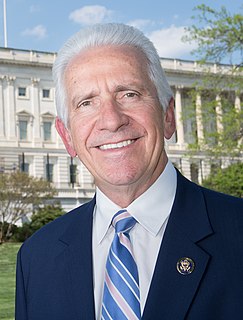A Quote by Robert Kiyosaki
When America stopped importing from China, China stopped importing from the rest of the world. This affects Asian countries as well as Australia, Brazil, and other suppliers of raw materials.
Related Quotes
In a world that has gone global, we no longer have a choice. If we don't export freedom, we risk importing the viruses which have corrupted other nations. ... Some critics complained that President Bush was arrogant when he suggested America can and should export freedom to other countries. This implies the people of unfree countries may not wish to be free. Which is the greater arrogance?
China, the world's most populous country, 1.3, 1.4 billion people, will in the next decade or so have to begin looking for people outside of China.What does this mean? China will have to become a much more welcoming society. It means that China will have to attract immigrants from other countries in order to slow the aging of the population.
China had never had to deal in a world of countries of approximately equal strength, and so to adjust to such a world, is in itself a profound challenge to China, which now has fourteen countries on its borders, some of which are small, but can project their nationality into China, some of which are large, and historically significant, so that any attempt by Chinese to dominate the world, would involve in a disastrous for the peace of the world.
The BRIC countries - Brazil, India, China, Turkey, South Africa, Indonesia even, and Russia - are now new actors. Over the last eight years, China multiplied by seven its economic presence and penetration in the Middle East. And if this happens on economic terms and there is a shift towards the East, the relationship between these countries and Israel is completely different from the United States. And it means that the challenges are going to be different, because China is not supporting Israel the way the U.S. are supporting Israel.


































